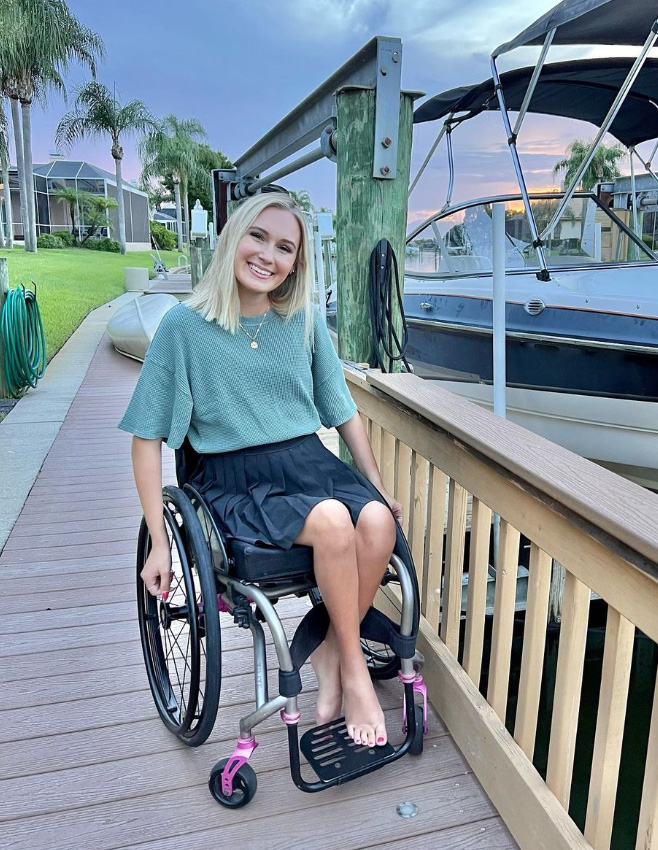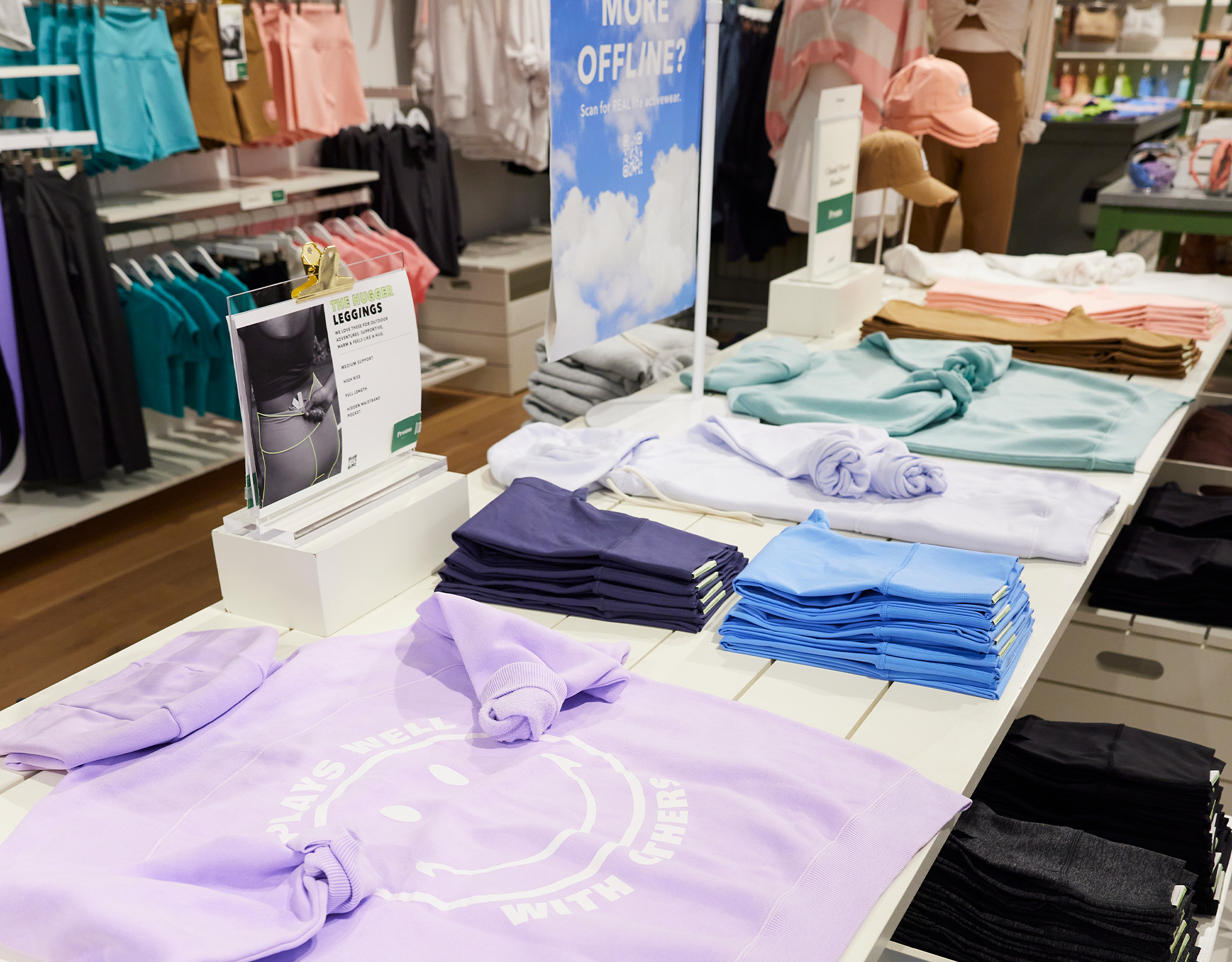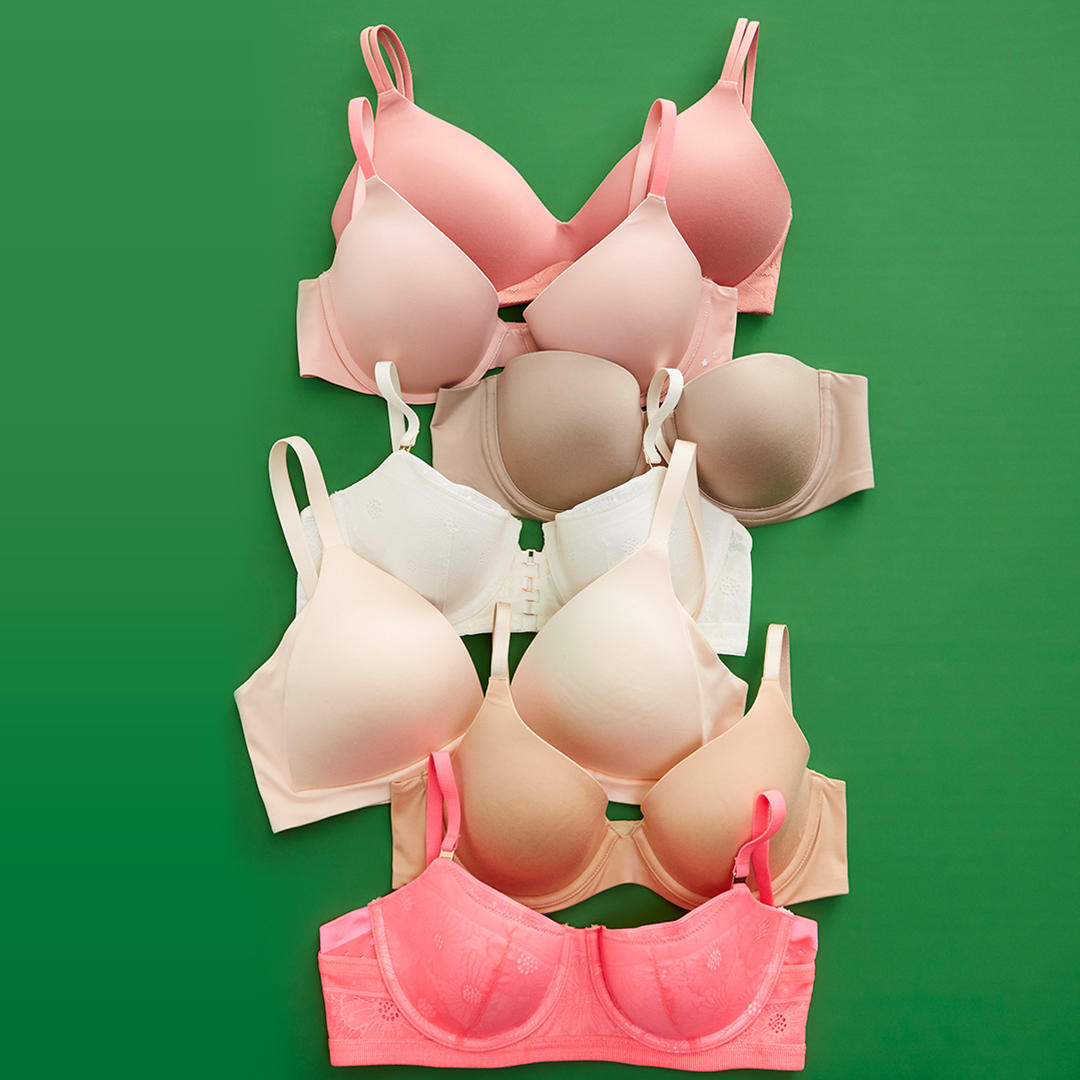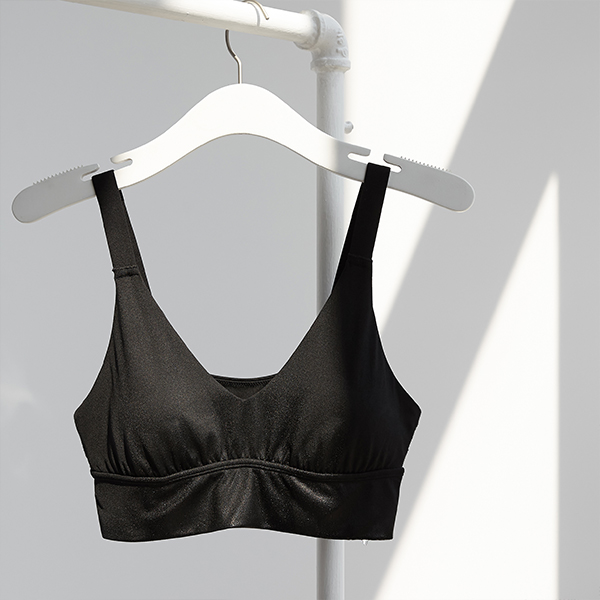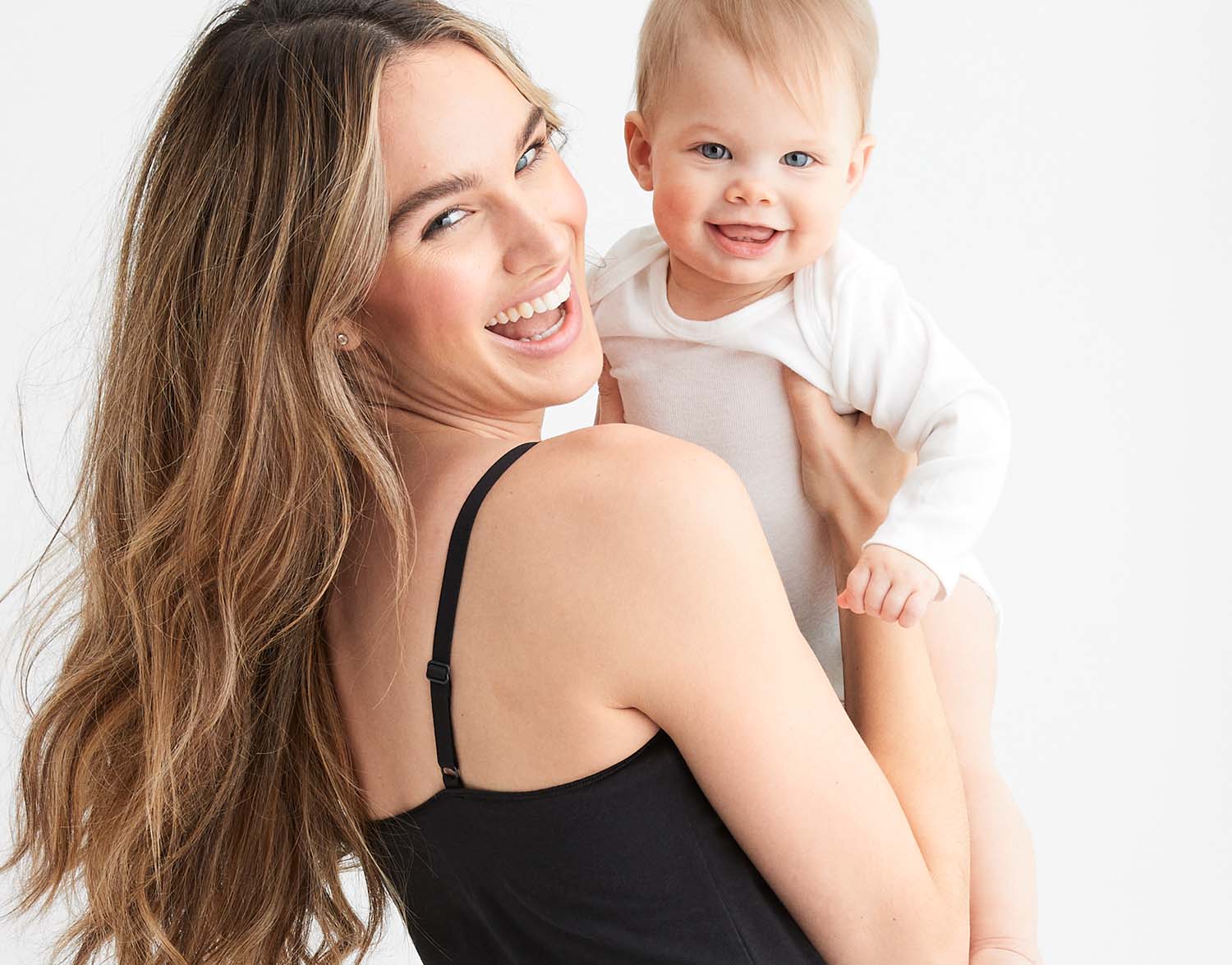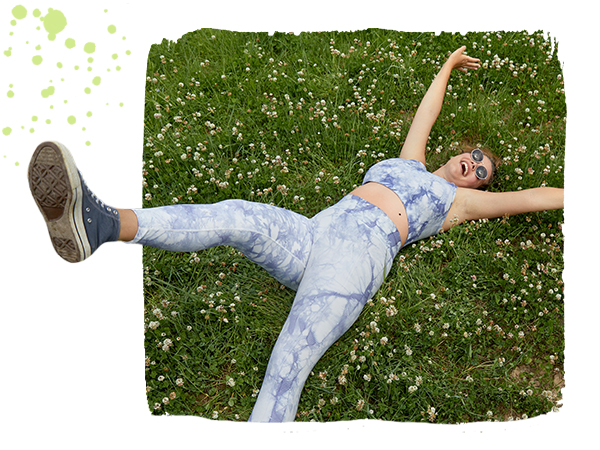Love your world! We’re so excited to partner with Thread™, a company that takes plastic waste from Haiti, Honduras and Taiwan and transforms it into recycled polyester through the First Mile™ initiative. So far, our Play leggings made with First Mile recycled yarns have helped divert 403,960.22 pounds of plastic waste from landfills and oceans (that’s the weight of 6,463,363.5 plastic bottles!) and generated $85,688.55 in revenue in the First Mile in Taiwan. We talked with Kelsey, Director of Sales at Thread, and found out a little more about Thread and the impact that just one pair of leggings can have. Read on for more!
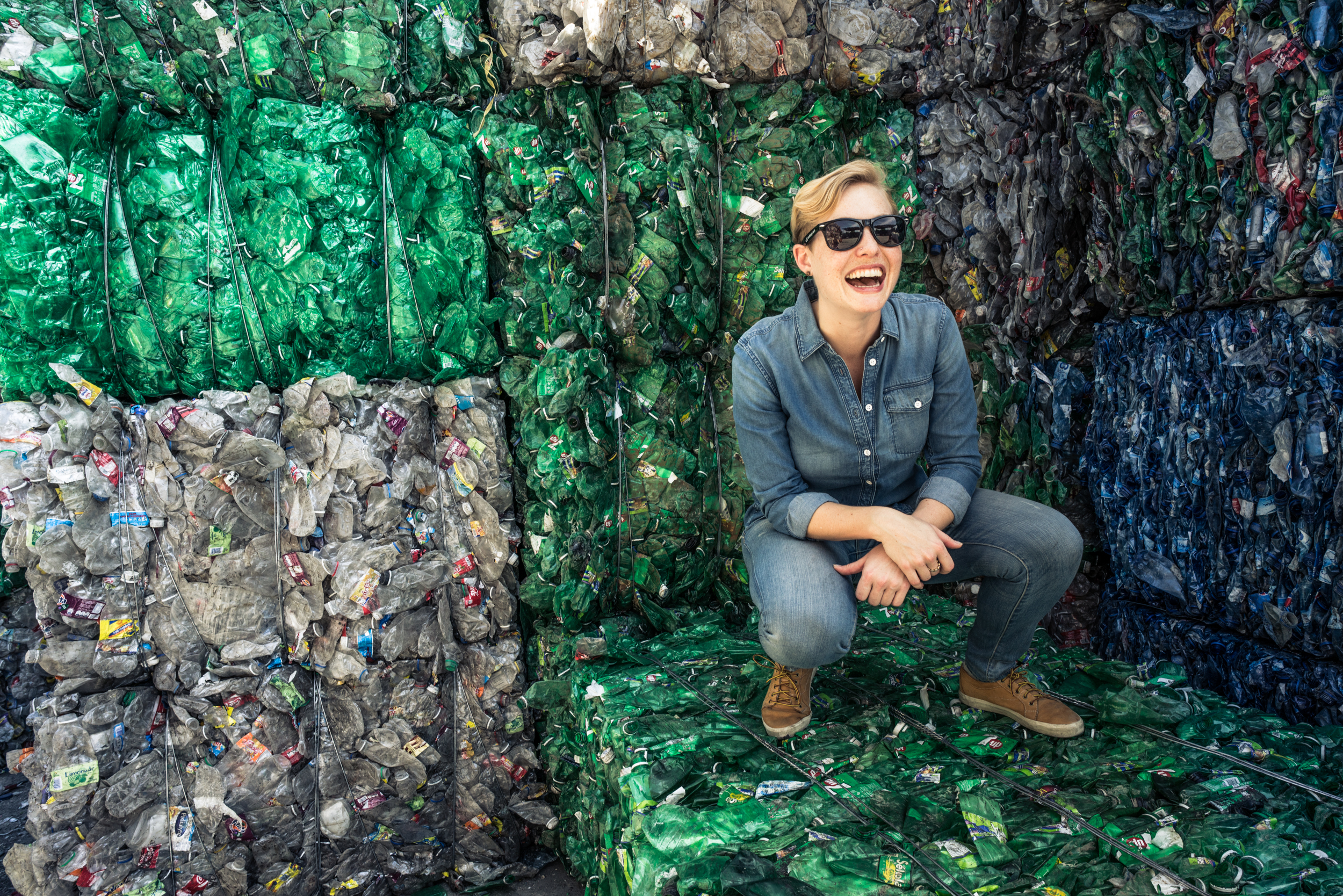
The yarns in our Play leggings start as plastic waste in Taiwan. How does a plastic bottle become one of the leggings we love?
Great question. In my opinion, recycling is about as close as we get to magic. Your plastic starts out as discarded bottles in Taiwan. There are several thousand individuals around the country who pick up and collect these bottles. They sell this material to entrepreneurs who run “collection centers.” These centers sort and prepare the bottles for recycling facilities where they are washed and ground up into flake. That flake gets melted down into pellet and extruded into filament, which is then finished into yarn. That yarn gets knitted into fabric, and finally cut and sewn into your Play leggings.
The best part about this process, is that in addition to diverting plastic waste from landfill and oceans, our supply chains also support income opportunities and small businesses that support their communities. You can look great, and know that you’re having positive impact in the world when you wear these leggings.

You focus on the importance of the “First Mile” of the supply chain. Can you tell us more about this?
Absolutely. Recycling is still often an unregulated industry in many parts of the world. Especially in countries where there may not be a lot of waste management infrastructure, or municipal recycling. The First Mile refers to the individual people that pick up the plastic bottles that become the fabric. Our impact team works with these collectors to ensure that their work is dignified and safe and that they have the opportunity to grow sustainable collection businesses to support them and their families.
First Mile also refers to the traceability of our material. Recycled polyester is not a new material, but Thread is the only material that can tell you what country our recycled plastic was sourced from as well as the network of people picking it up. Knowing where your stuff comes from is important, because without this knowledge, you can’t be sure that your entire supply chain is responsible.
What advice do you have for someone trying to be more sustainable with their fashion choices?
Start paying attention to the brands and material choices you are purchasing. If a brand is transparent and forthcoming with information about their supply chains, that is a good sign. If they make products using recycled polyester, organic cotton, hemp, or other sustainable materials that’s a great place to start. If they don’t use these materials, or you can’t find information about their supply chains, don’t be afraid to reach out to the brand and ask. If brands know sustainability is important to their customers, they will be more likely to make sustainable choices.
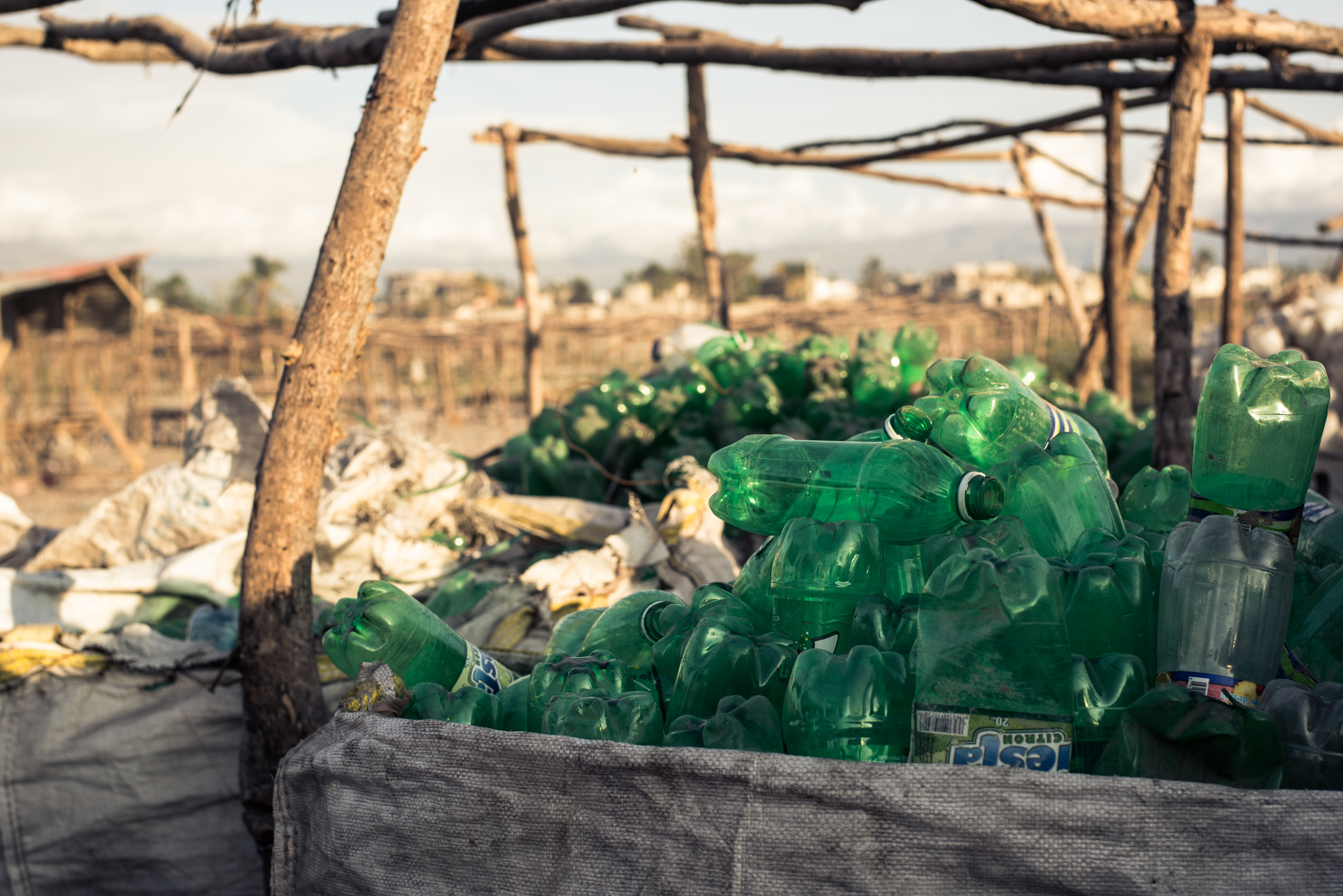
Learning how to repair your clothes, thrifting, second hand shopping, and clothing swaps with your friends are also great ways to keep your clothing circulating and useful and out of landfill. Don’t let perfect be the enemy of good – there is not such thing as a “perfect” material or fiber. Making more informed choices is a great start.
